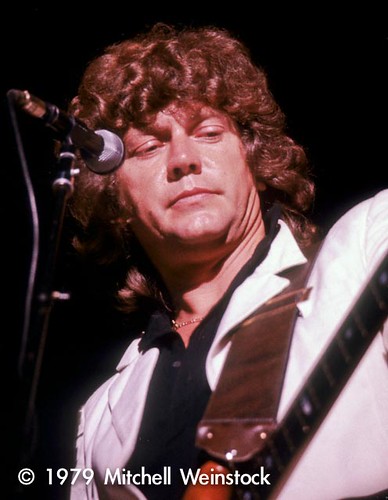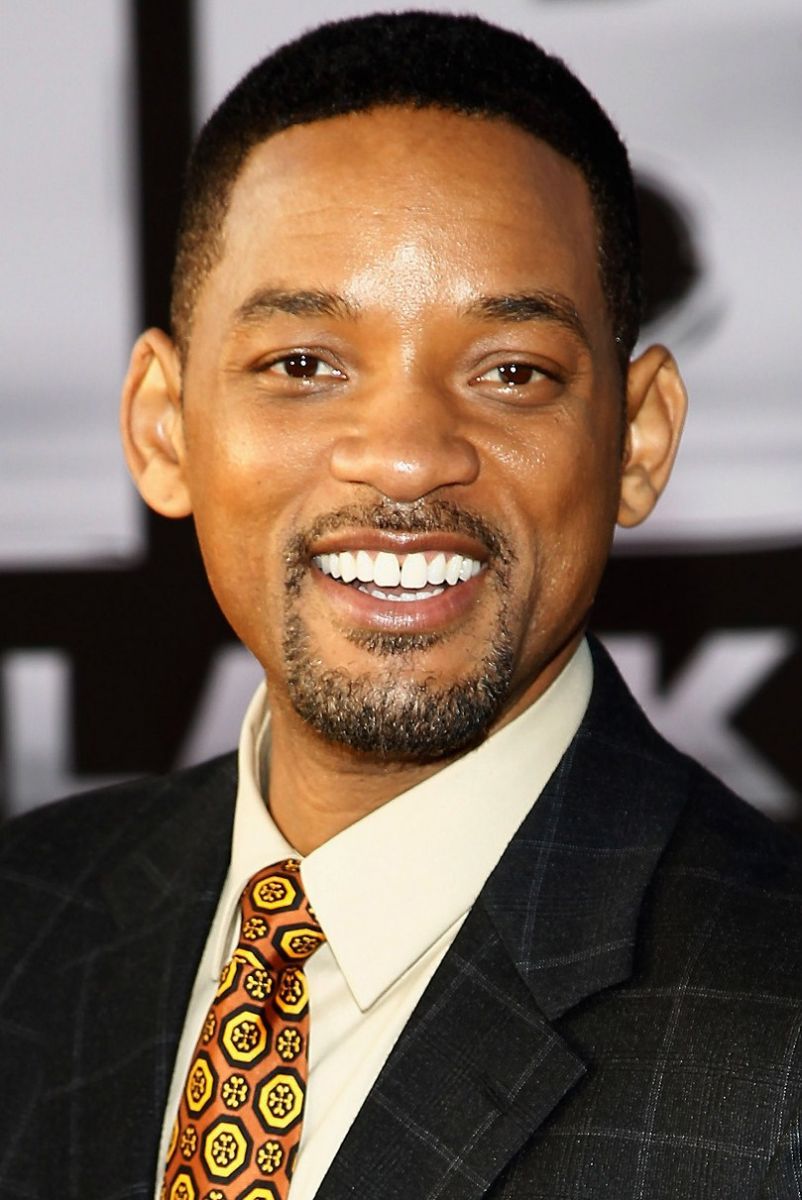
Alright, fellow pop culture enthusiasts, let’s get real for a moment. In the dazzling, sometimes bewildering, world of Hollywood, there are those actors who effortlessly captivate us, making us laugh, cry, and cheer from the comfort of our couches. And then, well, there are those who, for a myriad of reasons, just seem to rub audiences and critics the wrong way. It’s a fascinating phenomenon, isn’t it? To be in the public eye, constantly under the microscope, with every line reading, every facial expression, and every career choice scrutinized to no end.
We’ve all been there, watching a movie or show and thinking, “Hmm, maybe this wasn’t their best work,” or perhaps even, “Seriously, how did they get this gig?” The world of acting is a competitive and challenging industry, and not everyone is cut out for the job, as the context points out. Whether it’s a box office hit or a B movie, sometimes a performance just falls flat, leaving viewers cringing and critics sharpening their digital pens. It’s not just about talent and good looks; it’s about connecting with characters and, crucially, with us, the audience.
Today, we’re diving headfirst into a topic that always sparks lively debate: the actors who, despite their fame, have found themselves on the receiving end of significant backlash. We’ve scoured the most talked-about lists, from those criticized for their lackluster performances to those whose off-screen antics have overshadowed their craft. So, buckle up, because we’re about to unpack why these 7 stars often spark a collective groan or an enthusiastic eye-roll across the internet, based on their performances, critical reviews, and audience reception.
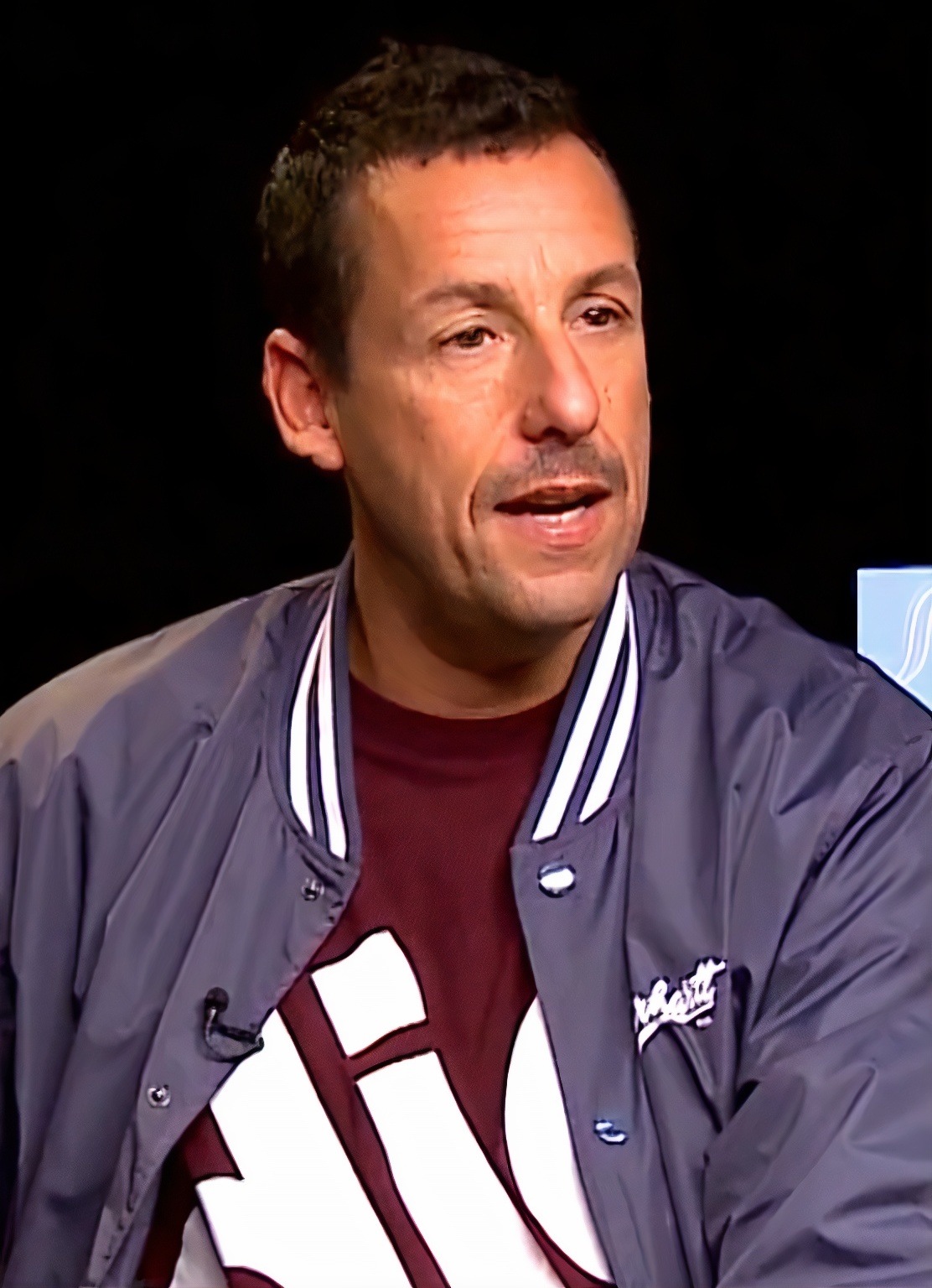
1. **Adam Sandler**: Kicking off our list is the one and only Adam Sandler, a name practically synonymous with a certain brand of comedic filmmaking. For years, Sandler has been known for his roles in classic comedies like “Billy Madison” and “Happy Gilmore,” films that have undeniably cemented his place in many people’s nostalgic hearts. He built an empire on a specific type of humor, and for a long time, it worked!
However, as the context explicitly states, Sandler has also faced a consistent stream of criticism. Many have accused him of relying on repetitive and juvenile humor, often playing what critics describe as the “same character in every movie.” This consistency, which some fans adore, has led others to view his performances as lackluster and his plots as predictable, making it hard for them to get on board with his newer projects.
The debate around Sandler often highlights this dichotomy: is he a comedic genius or a one-trick pony? While his early work is beloved by a dedicated fanbase, the persistent critical reviews suggest that his approach doesn’t always land well with a broader audience or those looking for more varied performances. It’s a fascinating case of an actor whose perceived lack of evolution has become a significant point of contention for many.
Ultimately, Adam Sandler embodies the actor who, despite massive commercial success, consistently draws flak for his creative choices. His commitment to a specific comedic persona, while endearing to some, has unfortunately resulted in a reputation for predictability that keeps him on many “disliked” lists. It’s a reminder that even Hollywood’s biggest stars aren’t immune to a little public scrutiny.
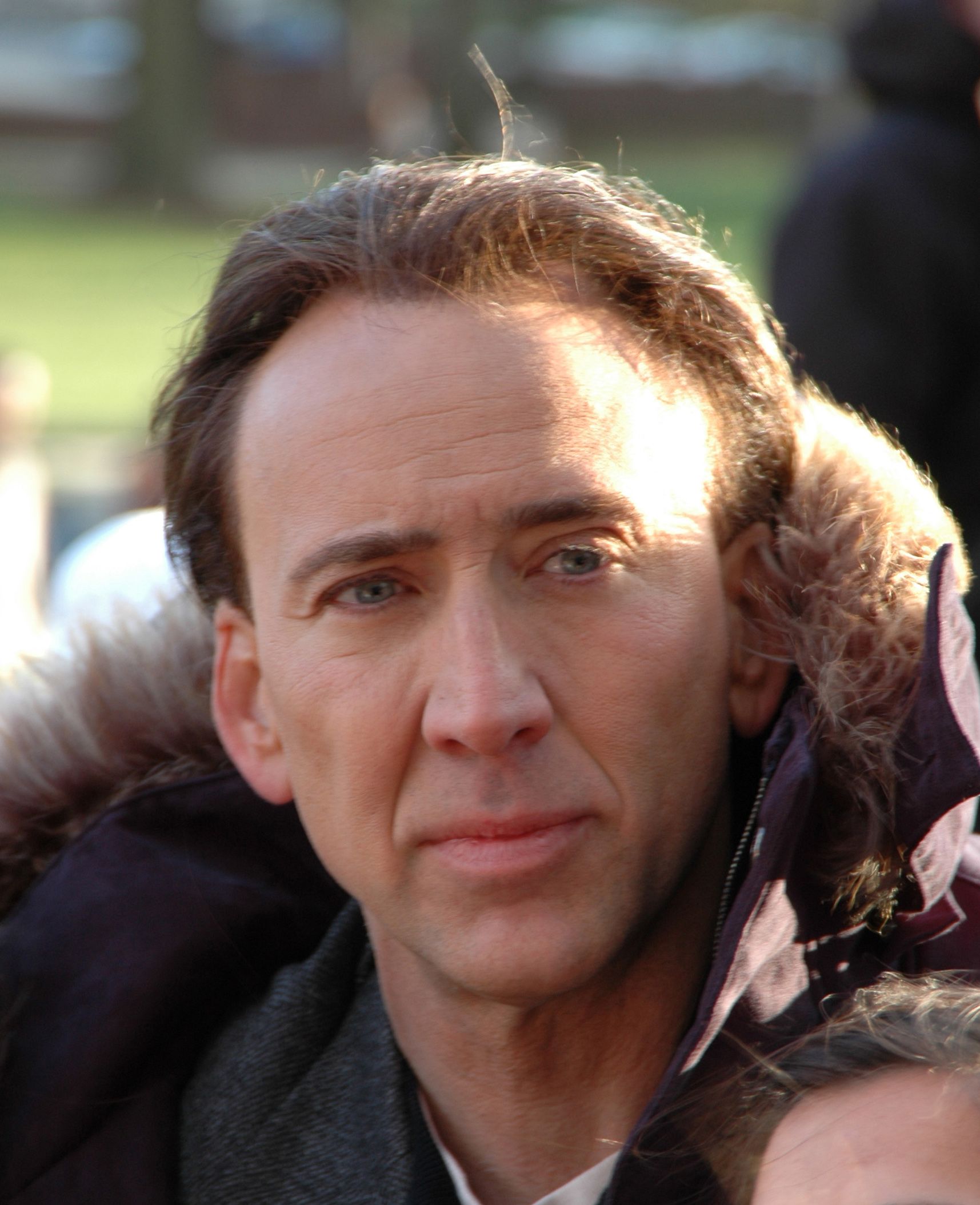
2. **Nicolas Cage**: Next up, we have Nicolas Cage, an actor who has truly become an internet legend for his unique, often over-the-top, acting style. There’s really no one quite like him, and that’s precisely why he’s so polarizing! You either absolutely adore his unhinged energy or find it utterly unbearable. The context notes that while he has delivered some standout, critically acclaimed performances in films like “Leaving Las Vegas” and “Adaptation,” his career is also peppered with a number of critically panned movies.
His signature, expressive style, often characterized by intense emotional outbursts and peculiar line deliveries, has earned him both awards and a spot on this list. Critics frequently point to his “over-the-top acting style” and a “tendency to choose questionable roles” as reasons for his inclusion among the most disliked. It’s a wild ride with Cage, and you never quite know what you’re going to get, which can be thrilling for some and utterly baffling for others.
What makes Cage so captivating, even in his less-than-stellar films, is precisely this commitment to his craft, however unconventional it may be. The context mentions that his habit of overacting has “grown on fans and critics,” suggesting a certain charm to his eccentricities. However, it’s also this same unpredictability and penchant for roles in films that don’t always hit the mark that contribute to him being considered one of the more ‘disliked’ or at least, ‘debated’ actors out there.
So, while Nicolas Cage might be a “one of those actors you can’t help but watch,” as the context playfully puts it, his distinct approach means he’ll likely continue to spark strong opinions. He’s a true cinematic enigma, loved for his boldness and criticized for the very same reason, making him a perennial favorite on lists like these.
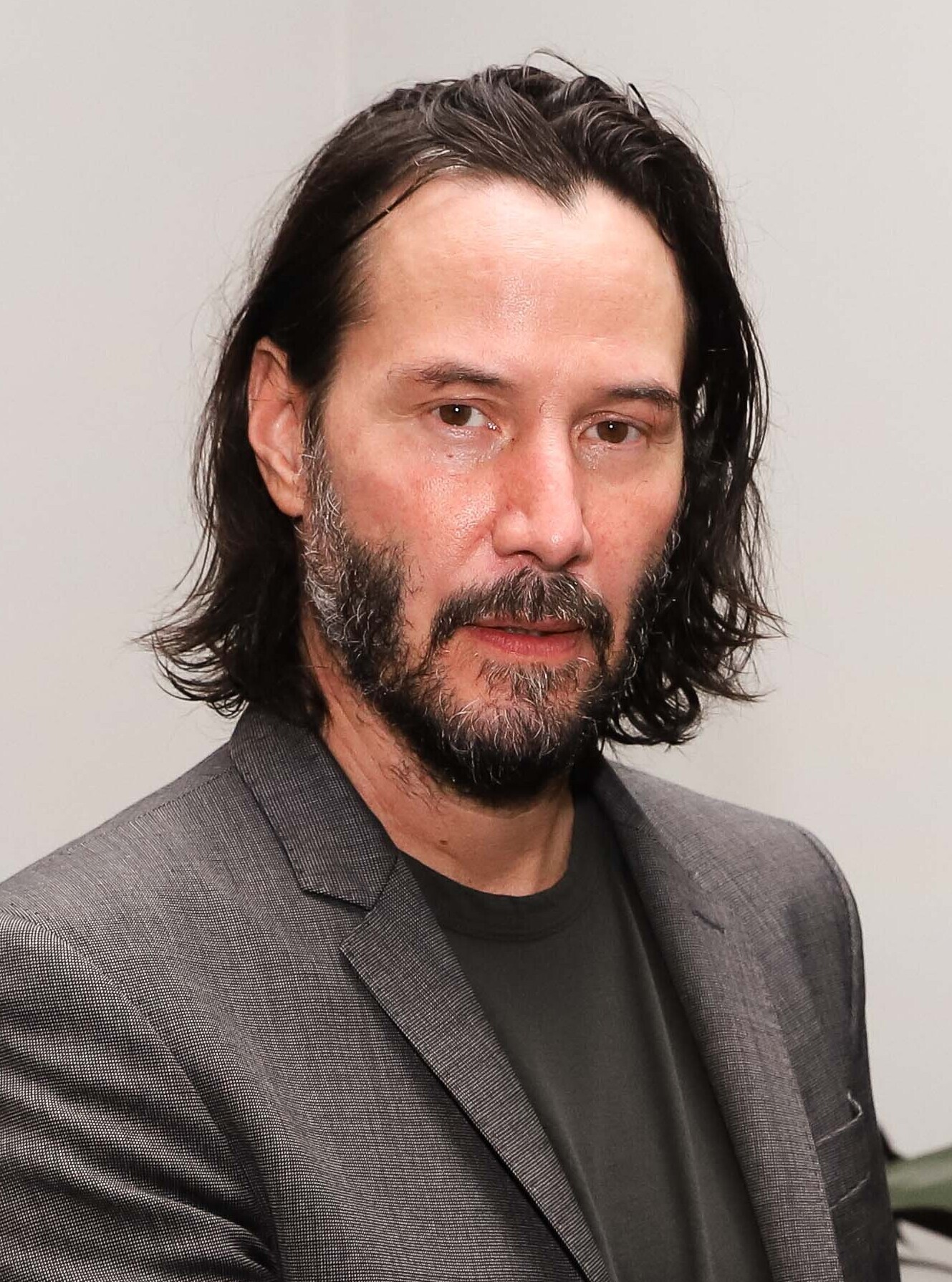
3. **Keanu Reeves**: It might come as a surprise to some, especially given his immense popularity in recent years with franchises like “The Matrix” and “John Wick,” but Keanu Reeves has also faced his fair share of criticism over his acting abilities. His calm demeanor and cool, collected presence make him a fan favorite, but critics have historically pointed to a different side of his performances.
The central critique leveled against Reeves, as highlighted in the context, revolves around his “wooden acting” and a perceived “lack of emotional range.” Many critics have specifically called out his “monotone delivery and awkward line readings in various roles,” suggesting that while he excels in action sequences, his emotional depth in dramatic scenes can sometimes fall short. It’s a tough label to shake, especially when you’re starring in some of the biggest blockbusters of all time.
Despite the unwavering loyalty of his fanbase, who often see his understated style as part of his charm, the professional critiques have remained consistent over the years. His characters often exude a certain stoicism, which works perfectly for the likes of Neo or John Wick, but in other roles, it can be interpreted as a limitation. This makes him a fascinating case study in how an actor’s unique style can be both their greatest asset and their biggest critique.
Therefore, while Keanu Reeves is undeniably beloved for his actions and persona, the criticism surrounding his acting range and delivery means he often appears in discussions about actors who don’t always hit the emotional high notes. It’s a testament to his career longevity that he’s transcended these critiques, but they’ve certainly contributed to his polarizing status.
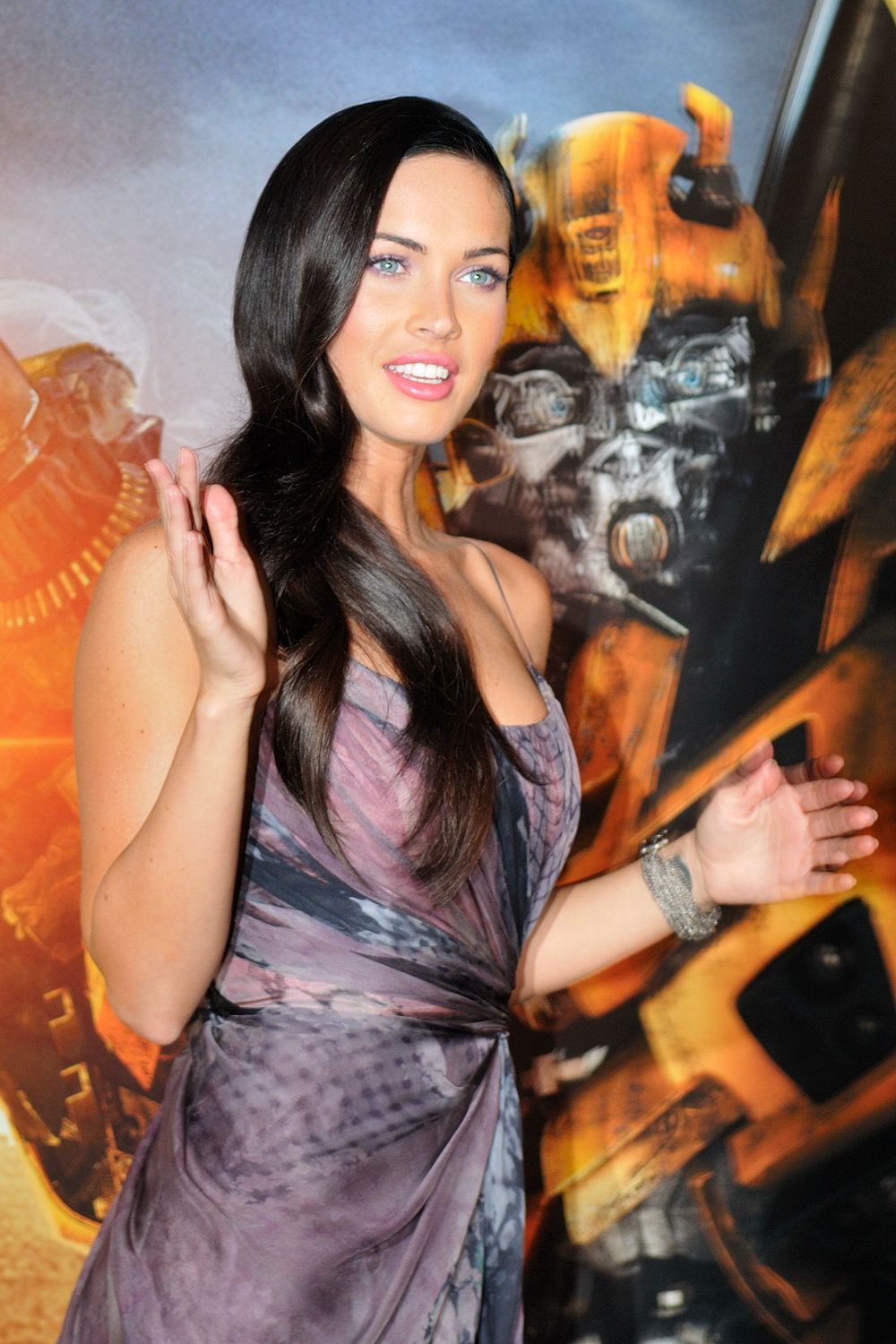
4. **Megan Fox**: Megan Fox exploded onto the scene with her memorable role in the immensely popular “Transformers” franchise, quickly becoming a household name. With her striking looks and undeniable screen presence, she was positioned as a major Hollywood star. However, her rapid ascent to fame also brought intense scrutiny, particularly concerning her acting abilities.
According to critics, Fox has been accused of “relying on her looks rather than her talent,” which, let’s be honest, is a pretty harsh judgment to face in an industry that often prioritizes appearance. This perception has, unfortunately, led to a string of what are described as “lackluster performances in a number of films.” It’s a challenge for any actor when their physical attractiveness becomes the primary talking point over their craft.
This criticism has followed her throughout her career, making it difficult for audiences to fully engage with her as a serious dramatic actress. When the focus shifts from the character to the performer’s perceived reliance on aesthetics, it creates a barrier to appreciation for many viewers. It implies a lack of effort or depth, even if that’s not the reality of her dedication.
Ultimately, Megan Fox’s story reflects the sometimes-brutal reality of Hollywood, where an actor’s perceived strengths can also become their biggest weaknesses in the eyes of critics and audiences. Her powerful visual appeal, while opening many doors, has simultaneously made her a target for those who demand a more profound display of acting talent, cementing her spot on lists of disliked actors.
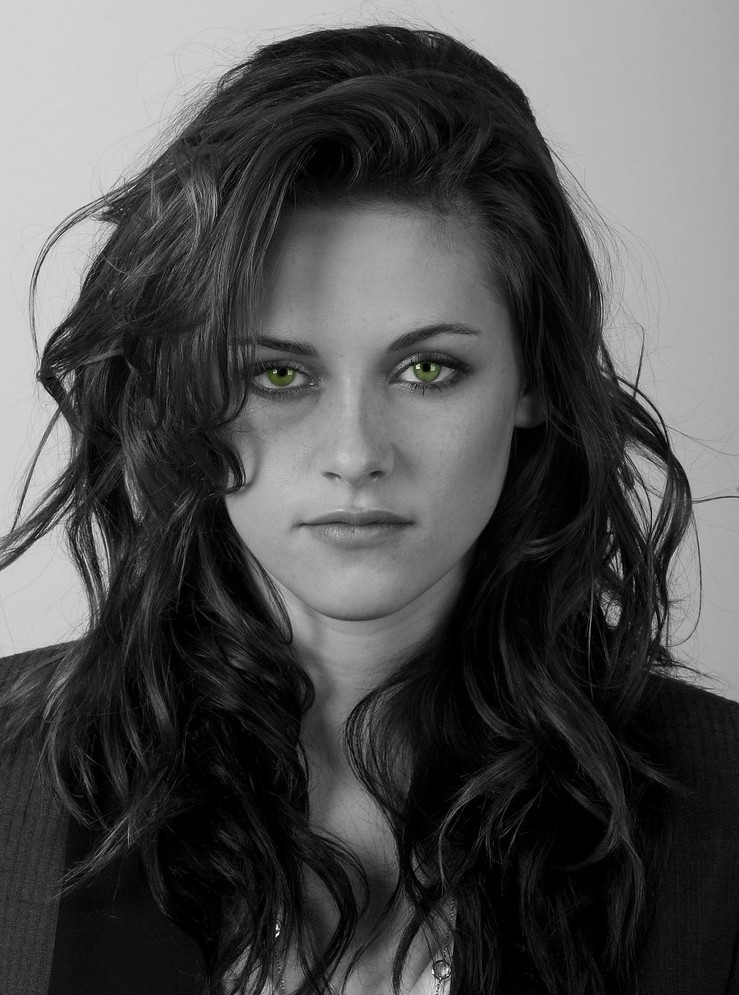
5. **Kristen Stewart**: Ah, Kristen Stewart! Known globally for her iconic role as Bella Swan in the massively successful “Twilight” series, she became a phenomenon that defined a generation of moviegoers. However, along with that fame came a significant amount of critical backlash, making her another fascinating case on our list. The context is pretty direct about it, stating she has been criticized for her “lack of emotion and awkward on-screen presence.”
Many critics consistently highlighted her “tendency to mumble her lines and lack of range in her performances,” particularly during her tenure in the vampire saga. This led to her developing a reputation as a “plain jane” actress whose style “sucked the life out of us,” as one source within the context vividly describes it. It seems that her portrayal of Bella, while immensely popular with fans of the books, didn’t quite hit the mark for critical acclaim.
It’s fascinating how an actor’s defining role can both skyrocket them to stardom and simultaneously pigeonhole them in the eyes of the public and critics. Stewart’s portrayal of Bella Swan has been so impactful that the context explicitly asks, “Will she ever live down her reputation as Bella Swan?” This question underscores the lasting impression her “Twilight” performance left, for better or worse.
While Stewart has since gone on to tackle more diverse and critically praised independent roles, the initial perception of her acting in the mega-franchise undeniably branded her as an actor who struggled with emotional expression and dynamic delivery. This early, widespread critique firmly places her on our list of actors who, for a time, were widely disliked for their on-screen work.
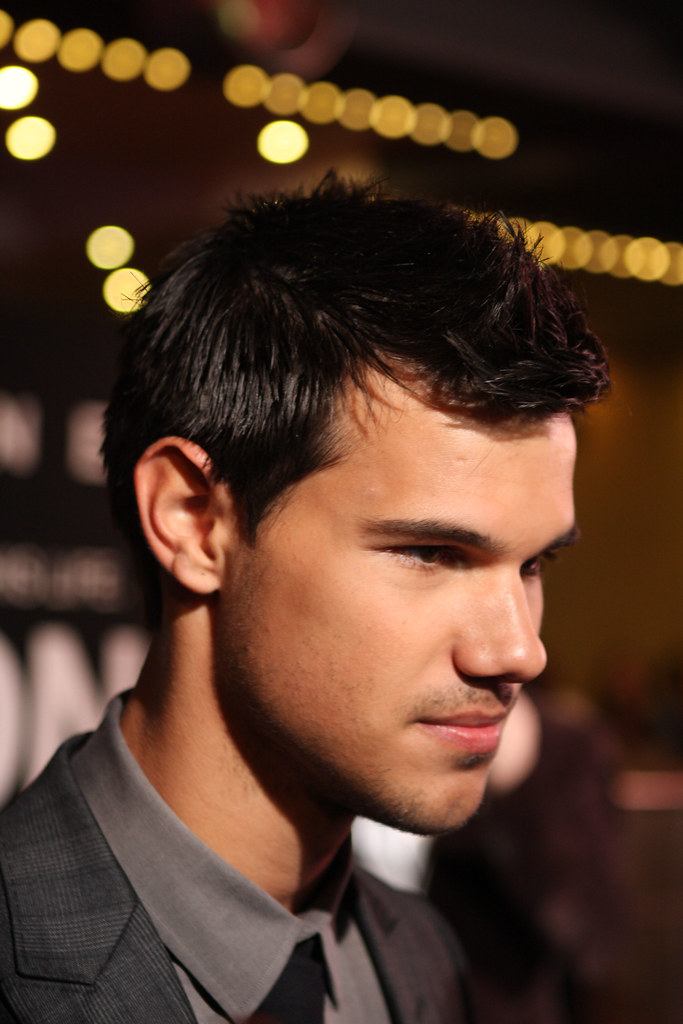
6. **Taylor Lautner**: Continuing our stroll through the “Twilight” universe, we encounter Taylor Lautner, another actor whose career trajectory was profoundly shaped by the massive success of the vampire romance films. As Jacob Black, the beloved werewolf, Lautner captured many hearts, but like his co-star Kristen Stewart, he also faced a barrage of criticism regarding his acting chops.
The context doesn’t pull any punches, noting that Lautner has been criticized for his “wooden acting and lack of depth in his performances.” Ouch. It seems that while his physical appearance and role as the shirtless, brooding protector were a huge draw for the fanbase, critics felt there wasn’t much beneath the surface when it came to his dramatic range. Many pointed out his “reliance on his physical appearance rather than his acting abilities.”
After “Twilight” concluded, Lautner struggled to find another major hit, leading to the observation that he “couldn’t make a comeback after his stint as Jacob.” His post-“Twilight” roles, such as in the film “Abducted,” further solidified these criticisms, with the context explicitly stating that his “lack of acting skills was an absolute turn off.” This made it difficult for him to transition into other diverse roles and shed his blockbuster persona.
It’s a classic case of an actor whose initial fame relied heavily on a specific character and physical attributes, making it tough to establish a broader, respected acting career afterward. Taylor Lautner’s journey highlights the challenges of breaking free from a defining role when critics are already flagging your performance skills, landing him squarely on our list of actors who generated significant dislike for their on-screen work.

7. **Hayden Christensen**: Rounding out our first section is Hayden Christensen, an actor who stepped into perhaps one of the most iconic and highly anticipated roles in cinematic history: Anakin Skywalker in the “Star Wars” prequel trilogy. Talk about pressure! His casting was a huge deal, and for many fans, he was the face of the tragic hero’s descent into Darth Vader.
However, despite the epic nature of the role, Christensen’s performance was, as the context states, “met with mixed reviews.” Unfortunately, a significant portion of those reviews leaned negative, with many critics specifically lambasting his “stiff delivery and lack of emotion in the iconic role.” It’s a tough pill to swallow when you’re tasked with embodying such a pivotal character, only to have your portrayal widely criticized.
Fans often expected a more dynamic and emotionally charged performance from the young Anakin, someone whose inner turmoil would be palpable as he walked the path to the dark side. However, Christensen’s interpretation often came across as wooden or unconvincing, leading to his unfortunate inclusion on many lists of worst performances and, by extension, disliked actors. The weight of expectations for a character like Anakin Skywalker was immense, and for many, he simply didn’t deliver.
His struggles to connect with the gravitas and emotional complexity of Anakin Skywalker meant that for a considerable segment of the audience, his presence in the films became a sticking point. This made it difficult for viewers to fully immerse themselves in the unfolding tragedy, solidifying Hayden Christensen’s place among those actors whose significant roles became grounds for widespread critique and general audience dissatisfaction.”
Alright, after navigating the choppy waters of on-screen performances, it’s time to shift gears and explore the equally captivating, often dramatic, world of off-screen sagas! Because let’s face it, in Hollywood, what happens when the cameras stop rolling can be just as impactful – if not more so – on an actor’s public image. Sometimes, it’s not just about hitting your marks; it’s about managing your reputation, handling controversies, and, well, just being a human being under an intense spotlight. We’re diving into another 8 actors whose journeys through Tinseltown have been shaped by everything from difficult reputations and personal struggles to public relations missteps that have, unfortunately, contributed to their spot on this list. Get ready for some juicy insights!

8. **January Jones**: Next up, we have January Jones, who famously graced our screens as the captivating, yet often frosty, Betty Draper in the critically acclaimed series “Mad Men.” Her portrayal was undeniably iconic, embodying a certain mid-century mystique that resonated with audiences. However, outside the meticulously crafted world of Sterling Cooper Draper Price, Jones has faced a different kind of scrutiny, one that delves into her professional demeanor rather than just her on-screen range.
Beyond the silver screen, Jones’s acting abilities have been called into question, with critics accusing her of “playing the same character in every role and lacking depth in her performances.” But it’s not just about her dramatic chops; her reputation has unfortunately been shadowed by perceptions of a difficult professional persona. She has been “deemed unapproachable by her child co-star from Mad Men,” and the whispers suggest that January “tends to be cold and doesn’t really mingle with cast members on set.”
This kind of feedback from colleagues, even if anecdotal, can significantly shape an actor’s image and contribute to public dislike. When an actor is perceived as challenging to work with, it creates a distance between them and their audience, affecting not just casting decisions but also how the public views them. It transforms the discussion from mere performance critique to questions about professionalism and personality, cementing her place as a polarizing figure.
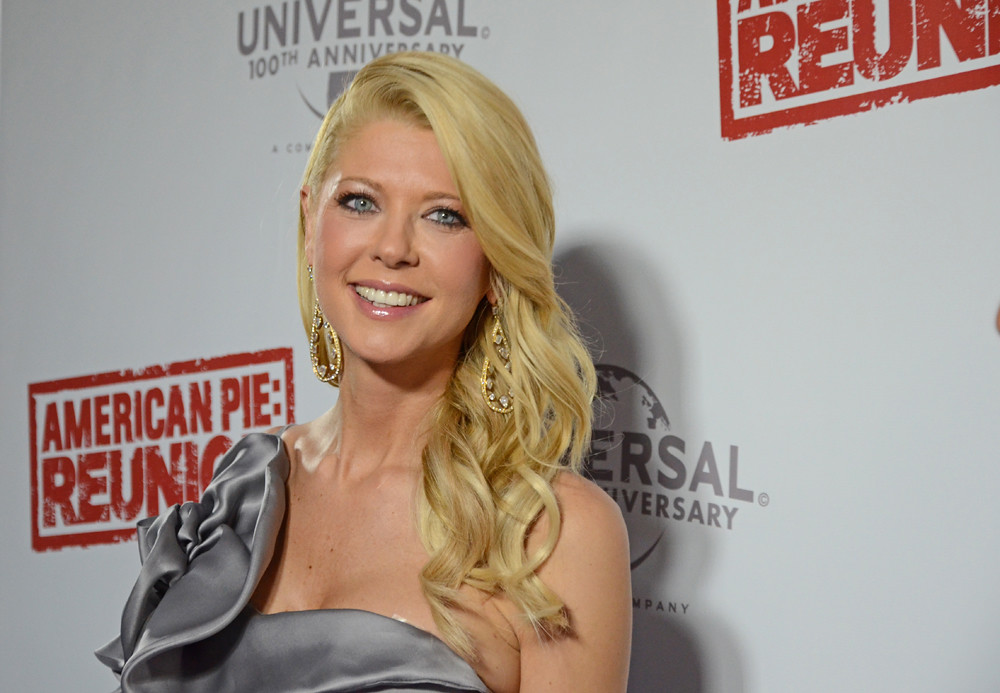
9. **Tara Reid**: Remember Tara Reid? She was everywhere in the late 90s and early 2000s, starring in cult classics like “American Pie” and making a splash in “Josie and the Pussycats.” She was the quintessential party girl, and for a while, her playful persona seemed to fit the zeitgeist perfectly. But as her career evolved, so did the public’s perception, and not always for the better, particularly when it came to her acting.
While her early roles capitalized on her bubbly, effervescent charm, critics began to point out a persistent issue: her “limited range and lack of emotional depth in her performances.” This wasn’t just a one-off comment; it became a recurring theme throughout her filmography. For an actor, being consistently pigeonholed or criticized for a lack of versatility can be incredibly damaging, painting a picture of someone who isn’t fully committed to the craft.
This perception of limited acting abilities, even in the absence of major off-screen scandals, contributed significantly to a public image that struggled to transcend her initial fame. When an actor’s performances consistently fall short of critical expectations, it gradually erodes audience goodwill and creates a sense of exasperation. Ultimately, it’s the cumulative effect of these reviews that lands Tara Reid on lists like ours, demonstrating how consistent performance criticism can morph into widespread public dislike and a challenging reputation.

10. **Rob Schneider**: Ah, Rob Schneider, a name often associated with a particular brand of slapstick comedy, frequently alongside his buddy Adam Sandler in films like “The Waterboy” and “Grown Ups.” For many years, his comedic style, characterized by “crude humor and one-dimensional characters,” was the primary focus of critics who found his roles predictable and his approach unsophisticated.
However, Rob Schneider’s journey into the realm of public dislike took a sharp turn, venturing far beyond his on-screen antics. The context highlights that “it’s his anti-vaccine stance and political rants that pushed many fans away.” In an era where public health debates became incredibly sensitive and polarized, his outspoken views on such critical matters were seen as “dangerously ignorant and irresponsible.” This wasn’t just a matter of comedic taste; it struck a chord with a much broader audience.
These public relations missteps and off-screen controversies transformed Schneider from merely an actor with a debatable comedic style into a figure whose personal views became a significant source of contention. When celebrities use their platform to promote controversial, often scientifically disputed, stances, it inevitably alienates a large segment of their audience, leading to substantial public backlash and solidifying his place on lists of widely disliked public figures.
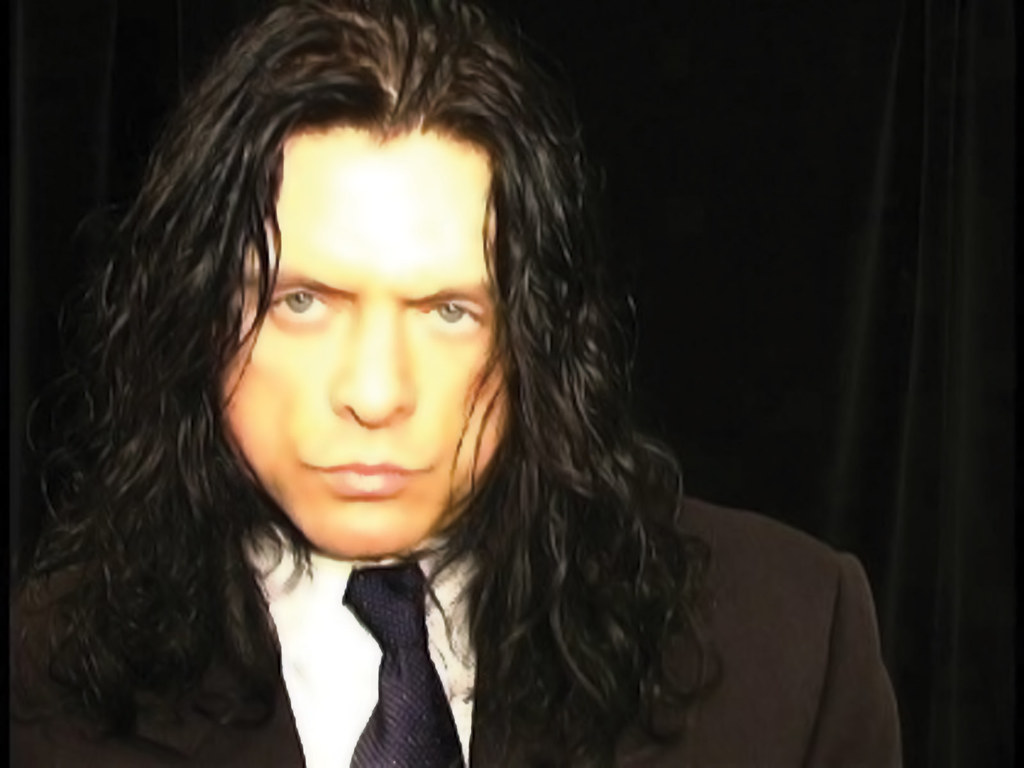
11. **Tommy Wiseau**: Now, for an entry that’s in a league of its own: Tommy Wiseau. His name is practically whispered in hushed, reverent (or perhaps bewildered) tones in certain corners of the internet. Wiseau is the enigmatic mastermind behind “The Room,” a film so famously bad that it transcended conventional criticism to become a beloved, bizarre cultural phenomenon.
The context is pretty blunt: “His awkward delivery and bizarre acting style have earned him a spot on this list of worst actors.” Indeed, his performances in “The Room” and “Birdemic” are described as “over-the-top performance[s]… so bad that it was good!” This isn’t your typical acting critique; it’s a recognition of a unique, almost accidental, genius for creating something unintentionally hilarious and deeply memorable.
While not fitting the traditional mold of “off-screen controversy” in the scandalous sense, Wiseau’s entire persona and the cult surrounding “The Room” represent a fascinating case study in how a perceived lack of conventional talent can still create an incredibly polarizing, yet iconic, public image. His bizarre nature, both on and off screen, has made him a figure of fascination, but also of intense, often mocking, dislike for those who simply don’t get the “so bad it’s good” appeal, solidifying his spot as a truly unique entry on this list.
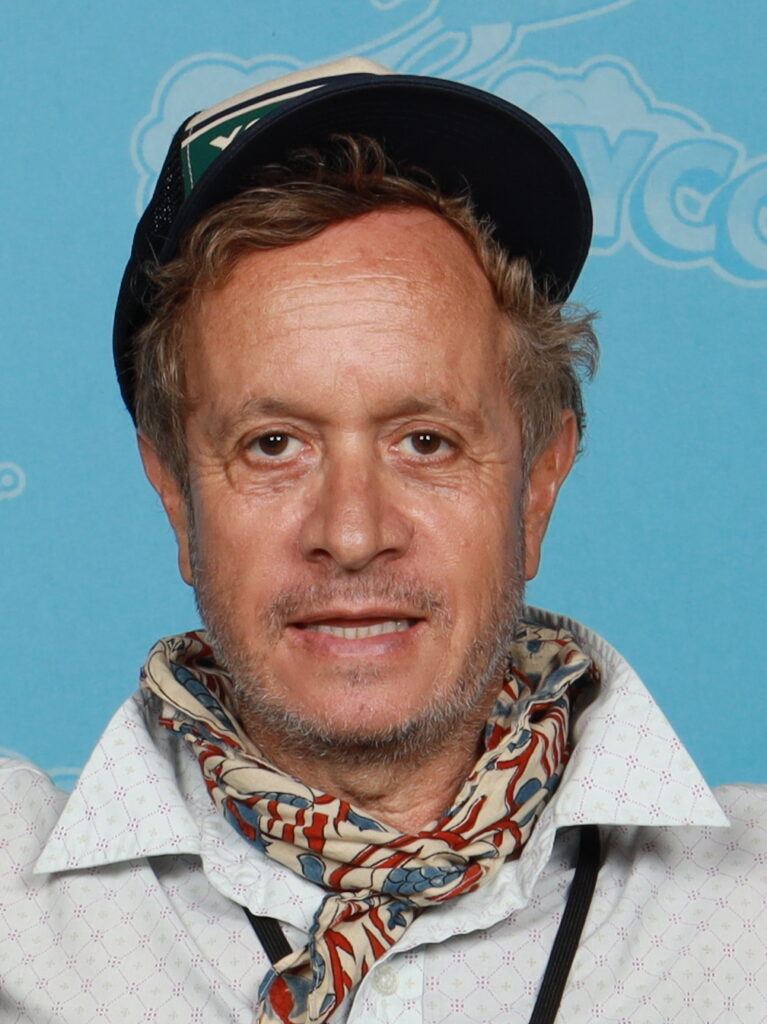
12. **Pauly Shore**: Hitting our list next is Pauly Shore, an actor who became synonymous with a very particular brand of 90s slacker comedy. With films like “Encino Man” and “Bio-Dome,” Shore cultivated a distinct “Weasel” persona that either made you laugh until your sides hurt or cringe into oblivion. His shtick was unmistakable, and for a generation, he was the voice of a certain MTV-era irreverence.
However, the very humor that brought him fame also became the source of his undoing in the eyes of many critics. He was “accused of relying on juvenile humor and over-the-top performances in his roles.” This wasn’t necessarily an off-screen scandal, but rather a consistent critical perception that his performances lacked nuance or evolution, leading to a public image that struggled to mature beyond his initial comedic success.
This reliance on a specific, often puerile, comedic style meant that as audience tastes shifted, Shore’s persistent adherence to his established persona increasingly led to a collective eye-roll rather than a chuckle. It created a perception of an actor unable or unwilling to grow, which, over time, contributed to a significant public decline in his appeal and cemented his place on lists of those whose work just didn’t land for many viewers.
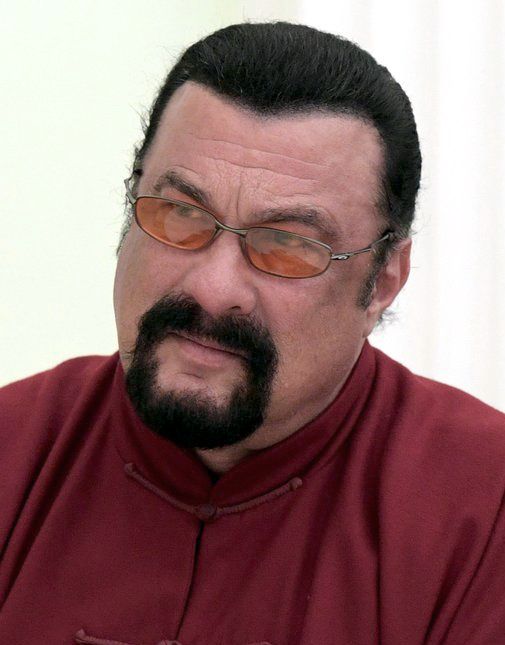
13. **Steven Seagal**: Next up, we have action hero Steven Seagal, a name that once conjured images of martial arts mastery and bone-crunching takedowns in films like “Under Siege” and “Above the Law.” He built a formidable career on his distinct physical presence and stoic demeanor, becoming a staple of 90s action cinema. Yet, beneath the calm exterior of his on-screen characters, a different kind of reputation began to form.
While his films were commercially successful for a period, critics often highlighted a significant limitation in his acting: his “wooden delivery and lack of emotional depth in his performances.” This consistent critique wasn’t just about individual roles; it became a defining characteristic of his entire acting style. For many, his performances felt flat and devoid of genuine human emotion, making it difficult to connect with his characters on a deeper level.
This unwavering consistency in his “wooden delivery” and perceived emotional flatness, combined with the often-formulaic nature of his later films, contributed to a public image of an actor whose performances became predictable and unengaging for a broad audience. While the context doesn’t detail off-screen controversies for Seagal, the sheer ubiquity and consistency of these performance critiques created a pervasive public reputation that firmly placed him on many “disliked” lists, demonstrating how creative limitations can shape public perception.

14. **Paris Hilton**: From reality TV queen to socialite icon, Paris Hilton has always been a master of crafting her public image. After all, she practically invented the modern celebrity influencer model! Her fame stemmed from her “socialite status and reality TV appearances,” making her a household name long before she ever truly pursued acting. However, when she did venture onto the silver screen, the transition wasn’t exactly seamless.
Critics were quick to point out that Hilton was “more of a personality than an actress,” leading to “lackluster performances in films like “The Hottie and the Nottie.”” This isn’t just a critique of her acting skills; it’s a commentary on her public persona overshadowing her craft. The perception that she was capitalizing on her fame rather than demonstrating genuine acting talent became a significant barrier for audiences and critics alike.
Her very identity as a “personality” created a public relations challenge when attempting to be taken seriously as an actress. It fueled a narrative that her acting career was a vanity project rather than a serious pursuit, leading to widespread panning and a general public dislike of her cinematic efforts. This highlights how a powerful, pre-existing celebrity persona, while opening doors, can simultaneously make it incredibly difficult to establish credibility in a new field, firmly placing Paris Hilton on our list.
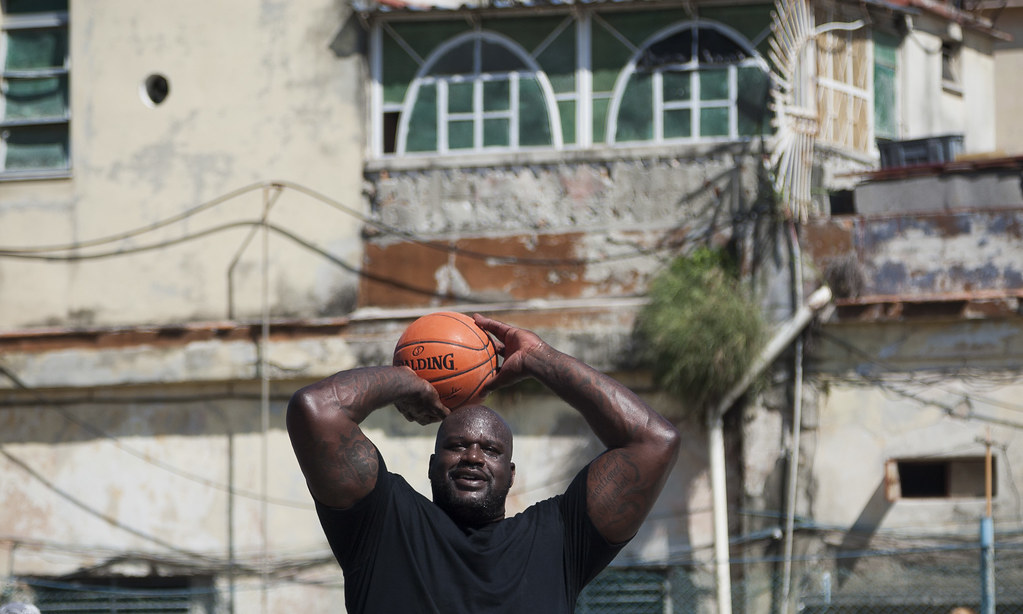
15. **Shaquille O’Neal**: Last but certainly not least on our deep dive, we have the legendary Shaquille O’Neal, an absolute titan of the basketball court. Shaq’s incredible athletic career made him a global superstar, a charismatic figure beloved by millions. So, when he decided to dunk on Hollywood and try his hand at acting, curiosity was naturally sky-high. However, his transition from the court to the set proved to be a significantly bumpier ride than his slam-dunks.
Shaq’s acting debut in films like “Kazaam” and “Steel” were, shall we say, memorable for reasons other than critical acclaim. The context notes that his forays into acting “has been met with mixed reviews,” with critics specifically pointing out his “stiff delivery and lack of range in his performances.” This wasn’t just a tough crowd; it was a consistent observation that his natural athleticism didn’t quite translate into on-screen dramatic prowess.
His immense fame as a basketball player, while providing a huge platform, also meant that his acting efforts were under an intense microscope, perhaps more so than a nascent actor without his celebrity status. The disconnect between his larger-than-life athletic persona and his often-wooden acting performances created a distinct public perception. This made it challenging for audiences to embrace him as a serious actor, resulting in widespread critique and contributing to his polarizing status when it comes to his cinematic ventures.
Phew, what a wild ride through the glitzy, often turbulent, world of Hollywood! From those whose on-screen choices left us scratching our heads to the stars whose off-screen actions stirred up a whirlwind of controversy, it’s clear that earning a spot in the hearts of audiences is a complex, ever-shifting challenge. We’ve seen how talent, or the perceived lack thereof, can shape careers, but also how personal conduct, public statements, and even just the sheer weight of public expectation can lead to an actor being widely ‘disliked.’
The world of acting isn’t just about memorizing lines or hitting a mark; it’s a tightrope walk where every performance, every interview, and even every social media post is under scrutiny. Whether it’s the repetitive humor that grates on nerves, a reputation for being difficult on set, controversial political stances, or simply struggling to connect with roles, these actors have undeniably left their mark, for better or for worse. So, the next time you’re settling in for a movie night, take a moment to consider the myriad of reasons an actor might just make you hit that ‘skip’ button – because in Hollywood, the drama is often just beginning when the cameras stop rolling!



